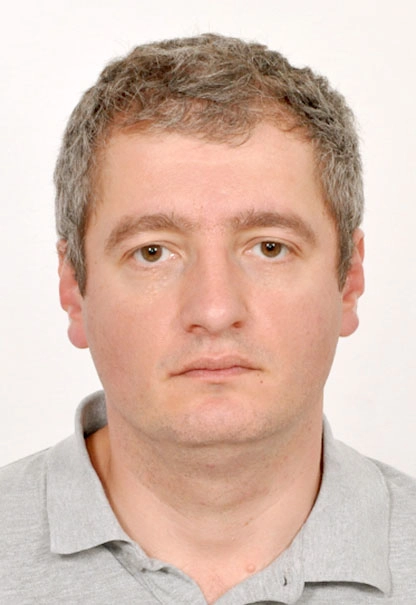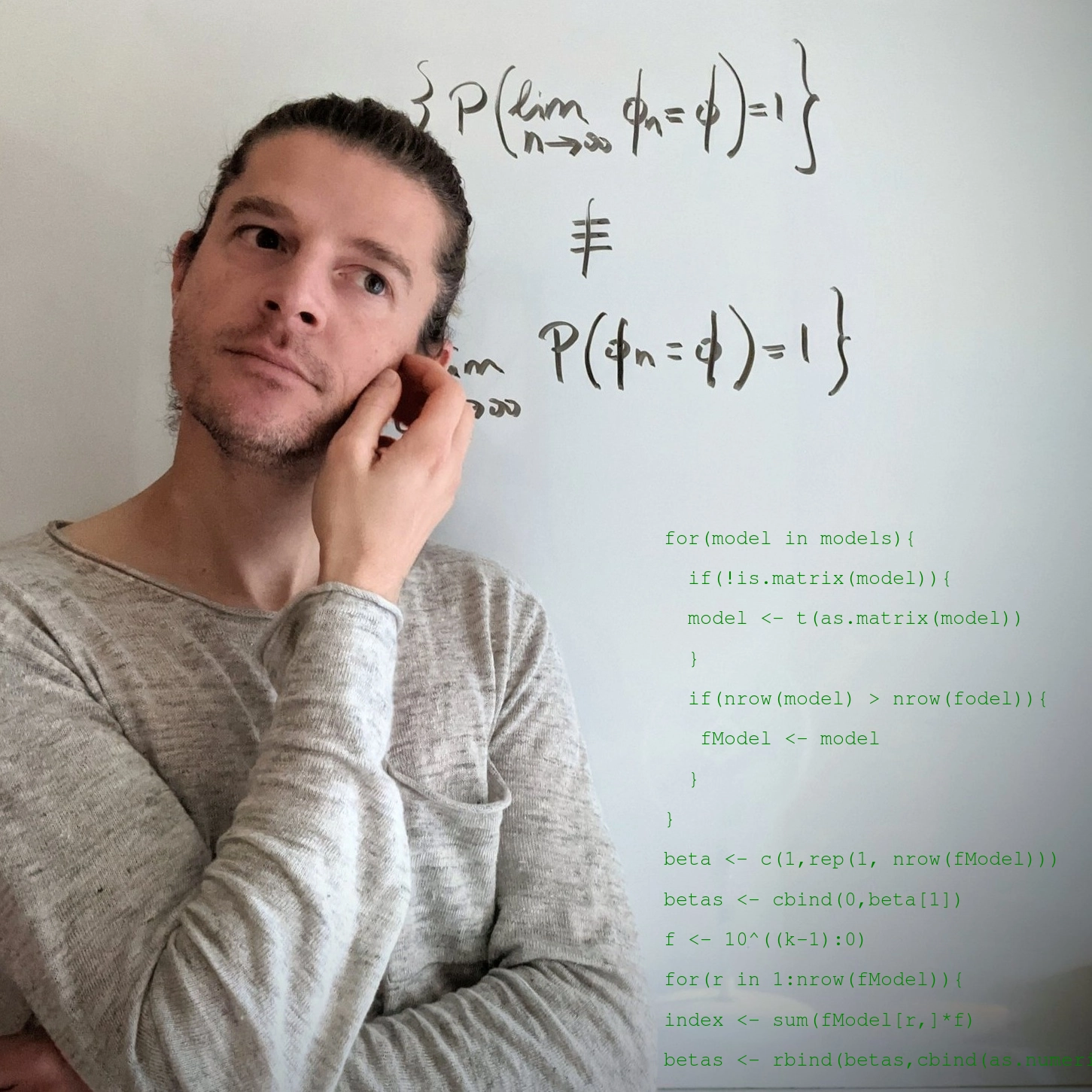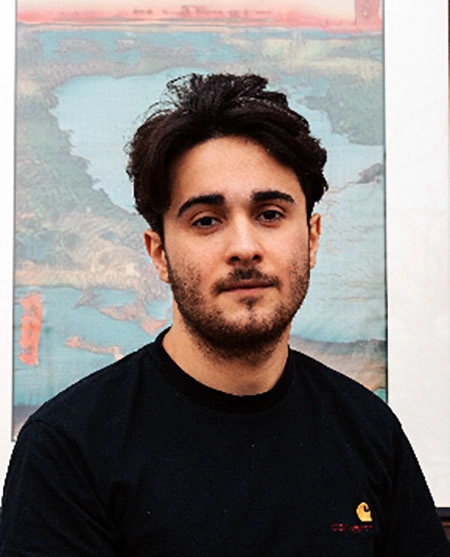 Rodrigo Agerri is a Ramon y Cajal Research Fellow (tenure-track) at the IXA Group, part of the HiTZ Centre of the University of the Basque Country, UPV/EHU). He has a PhD in Computer Science from City, University of London (2007) and has since been working on Natural Language Processing at several UK and Spanish institutions, including a two year stint at industry as research project director. He has been involved in over 20 research projects funded by the European Commission, UK research councils, and the Spanish Ministry of Science, among others. Currently he is Co-PI of “DeepReading”, a project funded by the Spanish Ministry of Science. His research is focused on semantic processing, information extraction and opinion mining, topics on which he has published more than 50 peer-reviewed papers at the main journals and conferences on Natural Language Processing. He is the creator and main developer of IXA pipes, a set of ready to use multilingual tools for linguistic processing used across academia, industry and administration. He is a PMC and committer in the OpenNLP project of the Apache Software Foundation and a mentor in the Google Summer of Code (GSOC).
Rodrigo Agerri is a Ramon y Cajal Research Fellow (tenure-track) at the IXA Group, part of the HiTZ Centre of the University of the Basque Country, UPV/EHU). He has a PhD in Computer Science from City, University of London (2007) and has since been working on Natural Language Processing at several UK and Spanish institutions, including a two year stint at industry as research project director. He has been involved in over 20 research projects funded by the European Commission, UK research councils, and the Spanish Ministry of Science, among others. Currently he is Co-PI of “DeepReading”, a project funded by the Spanish Ministry of Science. His research is focused on semantic processing, information extraction and opinion mining, topics on which he has published more than 50 peer-reviewed papers at the main journals and conferences on Natural Language Processing. He is the creator and main developer of IXA pipes, a set of ready to use multilingual tools for linguistic processing used across academia, industry and administration. He is a PMC and committer in the OpenNLP project of the Apache Software Foundation and a mentor in the Google Summer of Code (GSOC).
 Tim studied Chemistry at the University of Essen in Germany from 1995-2000 and obtained his PhD in 2003 from TU Berlin/MPI for Bioinorganic Chemistry. He started his independent academic career as a Lecturer in Interfacial & Analytical Science at the Department of Chemistry, Imperial College London, where he was promoted to Senior Lecturer and Reader in 2011 and 2014, respectively. In 2017, he took up a Chair of Physical Chemistry in the School of Chemistry at University of Birmingham. He is the School’s Director of Research & Knowledge Transfer since 2018. He is a Fellow of the Royal Society of Chemistry and the Secretary General of the International Society of Electrochemistry. His research interests cover a range of topics, including charge transport in single molecules and thermoelectrics; quantum tunnelling for sensing and sequencing; single-molecule sensing with nanopores and nanopipettes and the use and development of Machine Learning techniques for single-molecule science.
Tim studied Chemistry at the University of Essen in Germany from 1995-2000 and obtained his PhD in 2003 from TU Berlin/MPI for Bioinorganic Chemistry. He started his independent academic career as a Lecturer in Interfacial & Analytical Science at the Department of Chemistry, Imperial College London, where he was promoted to Senior Lecturer and Reader in 2011 and 2014, respectively. In 2017, he took up a Chair of Physical Chemistry in the School of Chemistry at University of Birmingham. He is the School’s Director of Research & Knowledge Transfer since 2018. He is a Fellow of the Royal Society of Chemistry and the Secretary General of the International Society of Electrochemistry. His research interests cover a range of topics, including charge transport in single molecules and thermoelectrics; quantum tunnelling for sensing and sequencing; single-molecule sensing with nanopores and nanopipettes and the use and development of Machine Learning techniques for single-molecule science.
 Lucian Busoniu received his Ph.D. degree cum laude from the Delft University of Technology, the Netherlands, in 2009. He is a professor with the Department of Automation at the Technical University of Cluj-Napoca, where he leads the group on Robotics and Nonlinear Control. He has previously held research positions in the Netherlands and in France. He serves on the editorial board of the Elsevier journal Engineering Applications of Artificial Intelligence. His research interests include nonlinear optimal control using artificial intelligence and reinforcement learning techniques, robotics, and multiagent systems. His publications include among others several influential review articles and a book on reinforcement learning.
Lucian Busoniu received his Ph.D. degree cum laude from the Delft University of Technology, the Netherlands, in 2009. He is a professor with the Department of Automation at the Technical University of Cluj-Napoca, where he leads the group on Robotics and Nonlinear Control. He has previously held research positions in the Netherlands and in France. He serves on the editorial board of the Elsevier journal Engineering Applications of Artificial Intelligence. His research interests include nonlinear optimal control using artificial intelligence and reinforcement learning techniques, robotics, and multiagent systems. His publications include among others several influential review articles and a book on reinforcement learning.
 Erkan Buzbas is an associate professor of Statistics at the University of Idaho. He is a statistician and mathematical modeler. His background is in stochastic modeling of population-level phenomena, and development of computational statistical methods to perform inference under uncertainty. He has a broad interest in stochastic modeling of complex systems and statistical theory. Erkan's current work is focused on mathematical and statistical aspects of metascience. He uses statistical theory, mathematical modeling, and simulations to investigate:
Erkan Buzbas is an associate professor of Statistics at the University of Idaho. He is a statistician and mathematical modeler. His background is in stochastic modeling of population-level phenomena, and development of computational statistical methods to perform inference under uncertainty. He has a broad interest in stochastic modeling of complex systems and statistical theory. Erkan's current work is focused on mathematical and statistical aspects of metascience. He uses statistical theory, mathematical modeling, and simulations to investigate:
 Berna Devezer is an associate professor of Marketing at the College of Business and Economics, and an affiliate faculty of Statistics at the Department of Mathematics and Statistical Science at University of Idaho. She holds a PhD in Marketing and MS in Statistics from Washington State University. She is a metascience theorist and modeler, with background in behavioral experimentation and statistics.She has a broad interest in scientific theory, philosophy of science, and interdisciplinary metaresearch, with a particular focus on using stochastic and agent-based modeling approaches to study complexities of the scientific process.
Berna Devezer is an associate professor of Marketing at the College of Business and Economics, and an affiliate faculty of Statistics at the Department of Mathematics and Statistical Science at University of Idaho. She holds a PhD in Marketing and MS in Statistics from Washington State University. She is a metascience theorist and modeler, with background in behavioral experimentation and statistics.She has a broad interest in scientific theory, philosophy of science, and interdisciplinary metaresearch, with a particular focus on using stochastic and agent-based modeling approaches to study complexities of the scientific process.
 Hugo Caselles-Dupré is a post-doctoral researacher in Machine Learning at ISIR (Sorbonne University). He did his PhD at the Flowers Laboratory (ENSTA Paris & INRIA) and Softbank Robotics Europe, studying perception and representation learning for embodied agents. He's also artist & co-founder at Obvious. One of their work, "Edmond de Belamy", made an historic sale at Christie's in October 2018.
Hugo Caselles-Dupré is a post-doctoral researacher in Machine Learning at ISIR (Sorbonne University). He did his PhD at the Flowers Laboratory (ENSTA Paris & INRIA) and Softbank Robotics Europe, studying perception and representation learning for embodied agents. He's also artist & co-founder at Obvious. One of their work, "Edmond de Belamy", made an historic sale at Christie's in October 2018.
Hugo Caselles-Dupré and his collegues at Obvious, Pierre Fautrel and Gauthier Vernier, were selected among The Top Young Entrepreneurs of The Forbes 30 Under 30 2020 in the category of Art and Culture.
 Peter Dayan is a Director at the Max Planck Institute for Biological Cybernetics in Tübingen. He is a theoretical neuroscientist, studying neural reinforcement learning and representational inference and plasticity. He has particular interests in the role of neuromodulators (dopamine, serotonin, norepinephrine and acetylcholine), meta-learning and computational psychiatry. He uses computational methods, fMRI and MEG, and collaborates with a wide variety of experimental groups.
Peter Dayan is a Director at the Max Planck Institute for Biological Cybernetics in Tübingen. He is a theoretical neuroscientist, studying neural reinforcement learning and representational inference and plasticity. He has particular interests in the role of neuromodulators (dopamine, serotonin, norepinephrine and acetylcholine), meta-learning and computational psychiatry. He uses computational methods, fMRI and MEG, and collaborates with a wide variety of experimental groups.